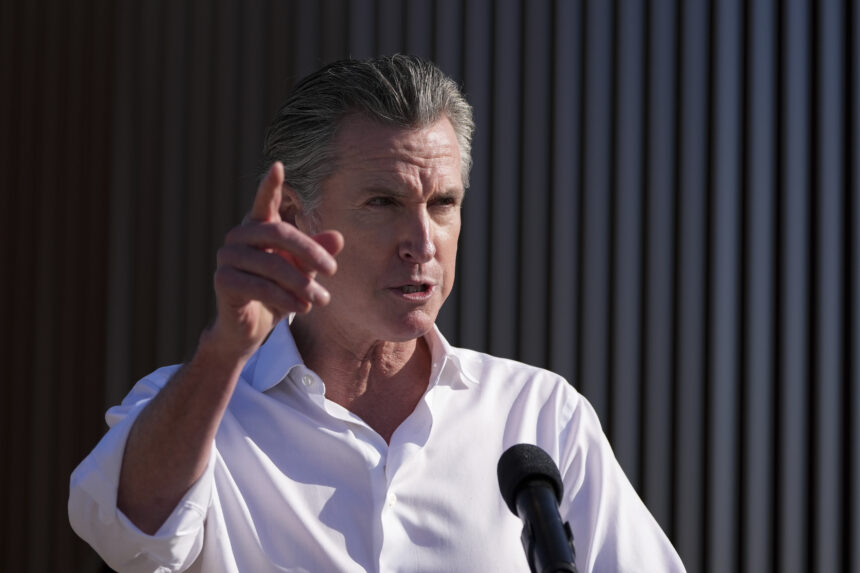Moderate Democrats are making waves in the political arena, with recent successes at the state level and potential presidential bids on the horizon. Rahm Emanuel, known for his role in recruiting Blue Dog Democrats for a House takeover, is eyeing a presidential bid in 2028. Meanwhile, prominent Democrats like Gavin Newsom and Chuck Schumer are taking a stand against more progressive elements within the party.
Jonathan Kott, a former adviser to centrist Senator Joe Manchin, believes that the Democratic Party’s losses in 2024 were partly due to a focus on niche issues that didn’t resonate with the broader electorate. Recent polling shows that the party is facing an image crisis, particularly among independents, prompting a shift towards reaching out to more moderate voters.
Third Way, a centrist group, has been vocal in calling for a move towards the center and away from far-left policies. They advocate for a more pragmatic approach that prioritizes mainstream concerns over ideological purity. However, progressive voices like Bernie Sanders continue to rally support in the Midwest, pushing back against the centrist shift.
Despite the ongoing tug-of-war between moderates and progressives, moderate Democrats have seen success in recent state-level elections. In Iowa, centrist candidates have outperformed expectations in traditionally red districts, signaling a potential shift in voter sentiment. Democrats are emphasizing economic issues and appealing to a broader base of voters in an effort to regain lost ground.
The upcoming Pennsylvania special elections will be another test for the Democratic Party’s new approach, focusing on economic messaging rather than ideological battles. With chaos in Washington, Democrats see an opportunity to push back against the MAGA agenda and gain ground in key battleground states.
While the results of these special elections may not predict a Democratic resurgence, they do suggest a growing momentum for moderate candidates. Democrats are energized and mobilizing against the current political climate, with a renewed focus on practical solutions and reaching across the aisle.
In Washington, Chuck Schumer’s recent shift towards the left has sparked criticism from both progressives and centrists. Some within the party see a need to reevaluate their approach and engage with a broader range of voters to maintain relevance in the current political landscape.
Overall, the Democratic Party is at a crossroads, with competing visions for its future direction. As they navigate these challenges, a balance between pragmatism and progressive ideals will be key to their success in upcoming elections.








